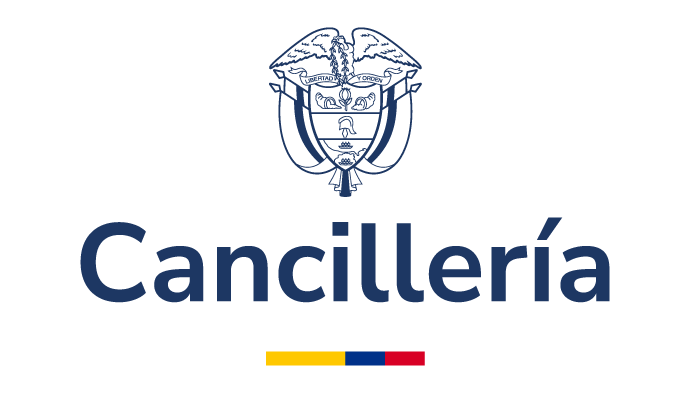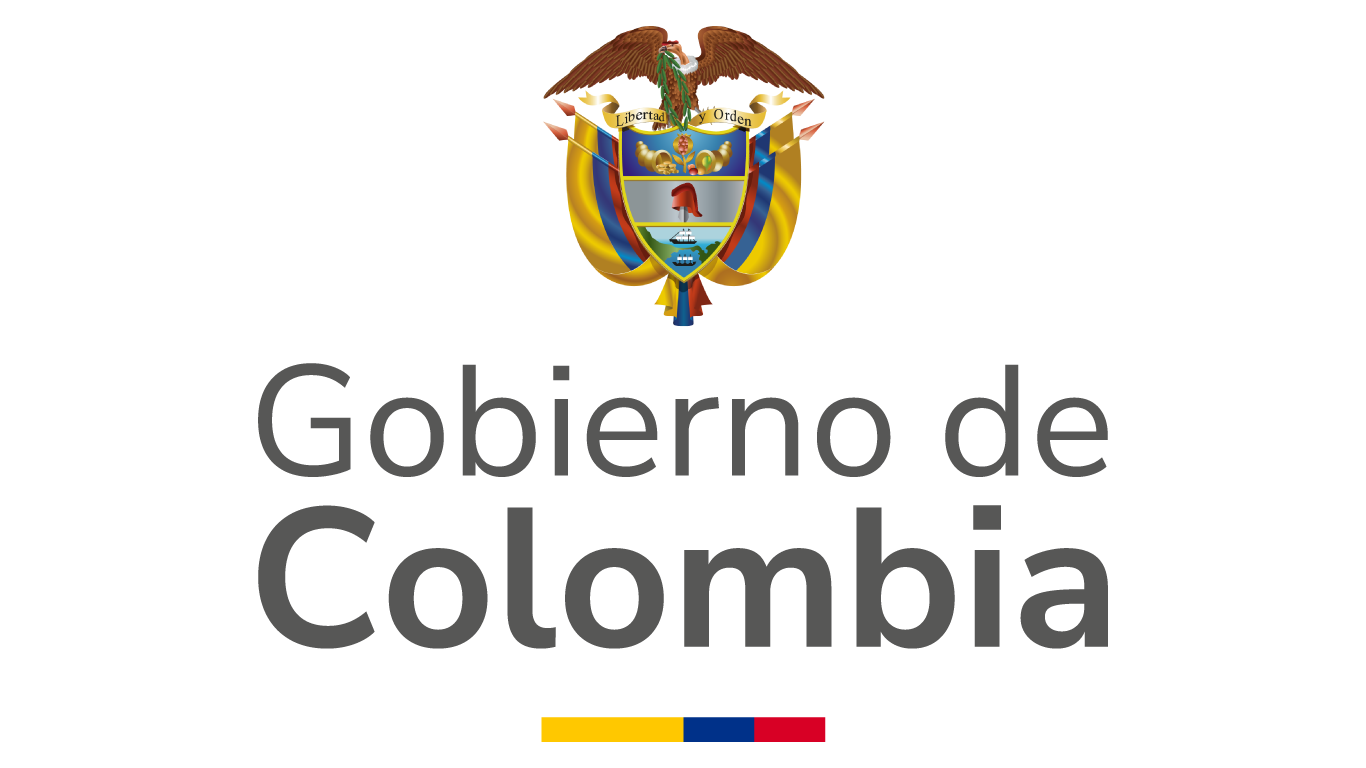
Background
The Colombia-Ecuador Neighbourhood and Integration Commission (CVICE) is the mechanism of political dialogue responsible for promoting integration, co-operation and frontier development, with an emphasis on the frontier integration zone-ZIF-. The mechanism was set up on June 20 June 1989, and is undergoing a number of restructurings. Foreign Ministers Maria Angela Holguin and Ricardo Patiño the latest 22 July 2011, and its purpose was to turn it into an agile and expeditious mechanism for the formulation, execution and follow-up of projects of binational interest; and at the same time, they ratified its representative character, it high political level as a hybrid and diplomatic instance.
The Commission is composed of the Foreign Ministers, executive secretaries, heads of mission and high-level delegates for each national chapter, representatives of the Governors of the Departments and frontier mayors.
The most recent Plenary of the level of the Commission was number XVI, in September 2011. On that occasion, the Executive Secretaries reviewed all the agreements reached in the CTB is. During 2012 and 2013, no meetings were held, because due to the excellent climate in political relations between the two countries, a Colombia-Ecuador Binational Cabinet was formed, as a high-level mechanism in which the presidents and their ministers reviewed the state of progress of all commitments and projects in train, between the two countries, including those agreed by the Committees, which have been meeting regularly.
Binational Technical Committees-CTB
La Comisión de Vecindad cuenta con los siguientes Comités Técnicos Binacionales (CTB´s), los cuales se reúnen periódicamente y cuentan con la participación activa de las entidades del orden nacional, regional y municipal, públicas y privadas, y son convocados sectorialmente, así:
- Frontier Affairs Committee
- Infrastructure and Energy Committee
- Environmental Affairs Committee
- Economic and Trade Affairs Committee
- Binational Technical Committee for the Agreement on Artisan Fishing
- Social and Cultural Affairs Committee
- Indigenous Affairs, and Black and Plurinational and Intercultural Committee.
Frontier Affairs Committee
This CTB is responsible for the review of the application of the agreement for the transit of people, vehicles, river and oceangoing vessels of 1990, commonly known as the "Esmeraldas Agreement", and its regulations. This working group also reviews migration matters.
Infrastructure and Energy Committee
This committee is responsible for discussion and definition of binational accords on major infrastructure projects and binational level. This committee has met on 3 occasions:
- Ipiales, 27 and 28 September 2011.
- Bogota, 5 and 6 March 2012.
- Tulcan, 19 and 21 June 2013.
In the context of this committee, the binational frontier passage group has been formed, to analyze and move forward in comprehensive action for formal and informal crossings along the frontier corridor, and the Joint Infrastructure Committee, meets to discuss technical and budget aspects of binational projects.
Environmental Affairs Committee
The environmental affairs CTB is responsible for the environmental agenda with an impact on the frontier zone, and matters of cartography and risk management.
The committee has met on five occasions:
- Ipiales, 27and 28 September 2011.
- Bogota, 22 and 23 March 2012.
- Quito, 22 and 23 May 2013.
- Bogota, 14 May 2014.
- Quito, 27 May 2015
Economic and Trade Affairs Committee
This CTB is responsible for the agenda in trade and tourism of both countries, with an emphasis on the frontier zone. The most recent meeting was held on 29 April 2014, in Ibarra, Ecuador.
Binational Technical Committee for the Artisan Fishing Agreement
This CTB is responsible for issues concerning the binational agreement signed between the two countries in matters of Artisan fishing. The Committee reviews binational issues of interest in the frontier integration zone (ZIF). The most recent meeting was held in Quito on 8 May 2014
Social and Cultural Affairs Committee
This Committee is one of the results of the Memorandum of Understanding which restructured the Colombia-Ecuador Neighbourhood Commission. The Committee reviews issues in health, education, culture, heritage and sports. It is also responsible for the follow-up to commitments made in the health and social development discussion groups.
This CTB has met on three occasions:
- Ipiales, on 27-28 September 2011
- Rumichaca, on 27-28 March 2012
- Pasto, on 25-27 September 2012.
Indigenous and Black Communities, Plurinationality and Intercultural Affairs Committee
In the context of the Commission, a Technical Committee was created for indigenous and black communities- plurinationality and intercultural relative affairs, as opportunity for representatives of civil society organizations of "indigenous people and nationalities, black and Afrodescendant communities" resident in the ZIF, and national and local government institutions to analyze issues of special relevance and interest for these social actors, to provide a context for local problems and the quest for solutions.
This CTB has met on three occasions, one being only institutional:
- Tulcan, Ecuador, 27-28 August 2012, committee meeting.
- Quito, 27-28 February 2013, I institutional meeting.
- Atacames, Esmeraldas province, 36-27 June 2014 II Binational Technical Meeting.











